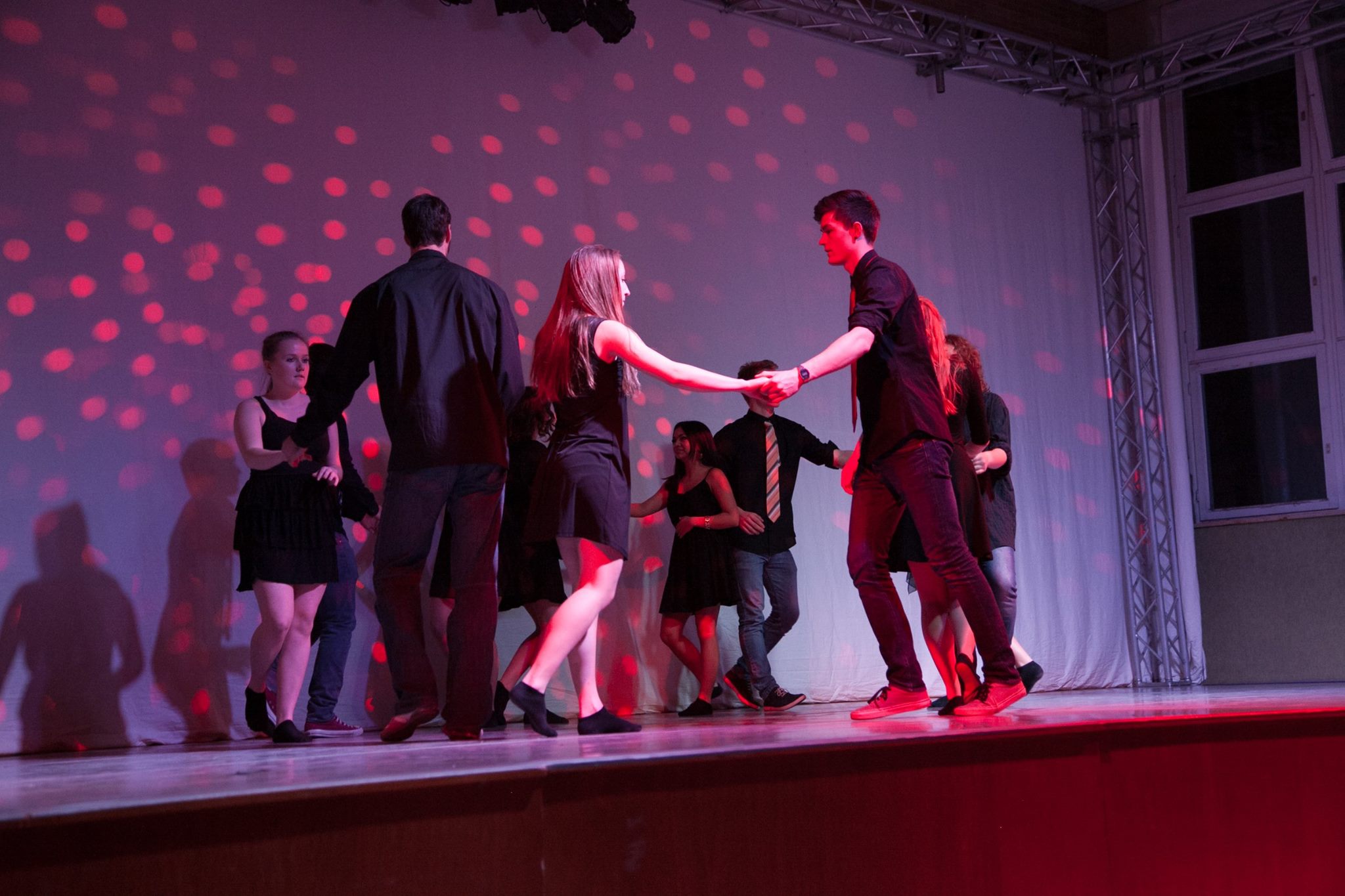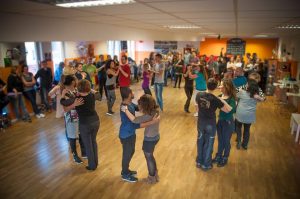
More than just some entertaining stories
Happy Book Lover’s Day! Talking about books: when was the last time you dived into a completely new world full of fascinating characters and unknown worlds? If your answer is “I ain’t got time for that”, ask yourself again whether you really can’t set apart a few minutes a day to read a few pages of an interesting novel. It’s not only entertaining; it’s also helpful for your self-development.
See the world through other eyes
As Jessica Wise stated in her Ted-talk “How fiction can change reality”, reading or watching fiction isn’t about following the footsteps of invented characters: “Instead, we walk a mile in their shoes.” That is why fiction helps you to develop empathy. This makes it much easier to understand other people’s decisions and ideas.
Question yourself
Empathy is also related to the next point: fiction makes us question ourselves, our world views and opinions continuously. Only reading facts about a topic is fine. But this will restrict you to your own thoughts and conclusions. Delving deeper into the issue might give you ideas you never thought of before – and you will be entertained at the same time.
See the future
Thanks to fiction and imagination, you don’t need to be extremely smart or a scientist to imagine the future. Science fiction or modern society novels, movies or series do this every day. According to Wise, “scholars are discovering evidence that story shaped culture”. So by reading and creating fiction, you can make an impact on what future modes of transportation or ways of living together will look like.

Be expressive
Reading stories will help you to develop your own vocabulary. This is not only important if you‘re going to be a journalist or writer, but also in your everyday life. You are judged on how you talk or write to other people all the time – whether you are introducing yourself to a group of fellow students or writing a professional email to your boss: expressing yourself appropriately will help you achieve your goals faster.
Celebrate diversity
It’s OK to be different. That is what fiction teaches us every day. Movies and novels cover a variety of different characters and world views. In real life, someone is sometimes less popular because they‘re just different from the “norm”. The next time you meet such a person ask yourself: would I like this person as the main character in a story? If you approve: why not give this person a chance? It‘ll most likely be worth it.
If these aren’t reasons for you to start the book you have had on your nightstand for months, I don’t know what is. So I’ll finish this article with the same important question that Wise ended her talk: “What story will you try on next?”
Author and Pictures: Laura Annecca





 ower offers not only salsa classes, but also classes of other Latin American dances such as rumba, reaggeton, bachata, kizomba and rueda de casino, which is salsa danced in a circle by several couples. The dance school also regularly offers special workshops and free practice parties. Another option is the Salsa Elegante dance school, which hosts the parties at Henry’s and the Capitol. They also offer rueda classes in addition to their salsa dancing lessons. Two other dance schools you might want to have a look at in order to find the right one for you are the Los Banditos and the Move Arts.
ower offers not only salsa classes, but also classes of other Latin American dances such as rumba, reaggeton, bachata, kizomba and rueda de casino, which is salsa danced in a circle by several couples. The dance school also regularly offers special workshops and free practice parties. Another option is the Salsa Elegante dance school, which hosts the parties at Henry’s and the Capitol. They also offer rueda classes in addition to their salsa dancing lessons. Two other dance schools you might want to have a look at in order to find the right one for you are the Los Banditos and the Move Arts.


